Yesterday I went to the dry cleaner’s in town. I stop by nearly once a week to drop off or pick up a sweater or two, pants or a skirt to be hemmed, my husband’s dress shirts. This place has been continuously operating since 1956. The people there know your name and the last four digits of your phone number, which is how they track your order. Truth is, they probably know a whole lot more just by emptying your pockets and letting out your waistbands. These kinds of places are pretty rare these days. And these days, everything rare seems to be getting rarer. I find myself in mourning.
December 22, the counter lady said when she saw me pause over the check I was writing, another piece of obsolescence I still cling to.
Can you believe it?
It goes by so fast it’s scary.
And it’s getting more scary.
It sure is.
I could have a conversation like this about everything everywhere all the time. It’s all scary. The world is spinning ever faster into extinction. I saw a terrifying documentary on the Discovery Channel. Maybe it’s the news: wave after wave of eternal warfare, the eerily weird climate, and the shocking flood of suffering covering every corner of the earth. Maybe it’s too much Donald Trump. Or just the time of year: the dark, the chill, the fury, the hurry, the end.
Next week, if you let it, a pause will arrive. Take care that you do not fill it with restless anxiety or dread. Take care that you do not fear what you do not know or have not done. Set no goals. Have no intentions. Make no plans. There is a lesson in these fallow days, a lesson that does not come in frantic motion, but in the soft light of a lengthening day.
I am going to sit quietly and enter the fullness of time. Because I have time.
And soon enough I will see that nothing is wasted, nothing is over, and everything is already here. Fear not! The gate is open, and the gardener is not afraid.
May all beings be peaceful.
May all beings be happy.
May all beings be well.
May all beings be safe.
May all beings be free from suffering.
Photo by Wendy Cook.
Subscribe to my newsletter • Come to a retreat • Friend me • Follow me.

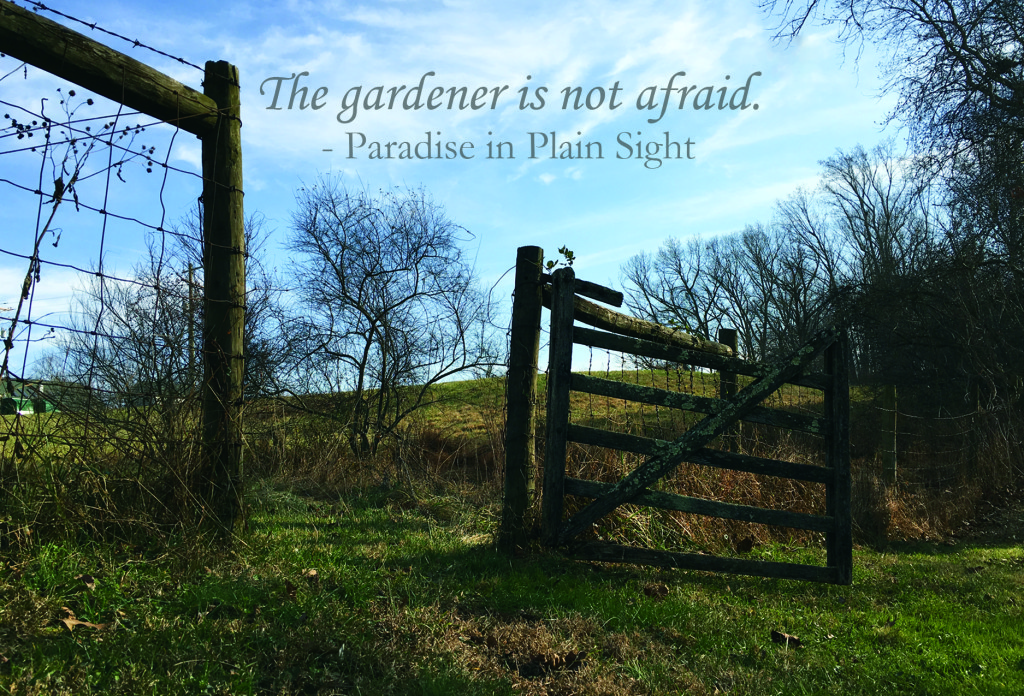
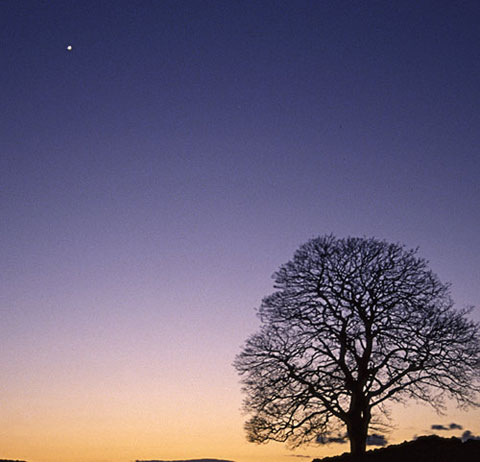



 Do not be me.
Do not be me.
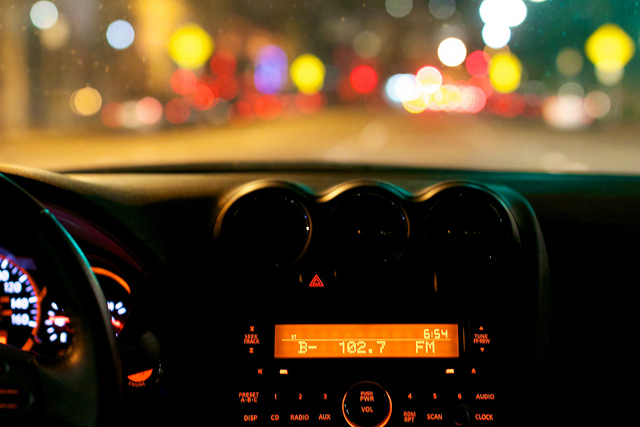

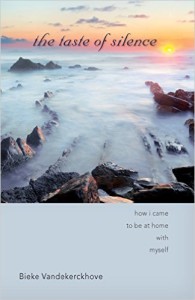
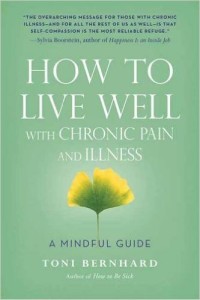
 There comes a day as a parent when you realize you have accomplished nothing because there was nothing to accomplish.
There comes a day as a parent when you realize you have accomplished nothing because there was nothing to accomplish. Parents are rightfully concerned about the capacity their children have to pay attention, express empathy, and cope with the stresses that infiltrate their lives. Should we then coerce our children onto meditation cushions? Impose artificial silence, stillness or philosophical indoctrination? Before you do that, take a closer look.
Parents are rightfully concerned about the capacity their children have to pay attention, express empathy, and cope with the stresses that infiltrate their lives. Should we then coerce our children onto meditation cushions? Impose artificial silence, stillness or philosophical indoctrination? Before you do that, take a closer look.


